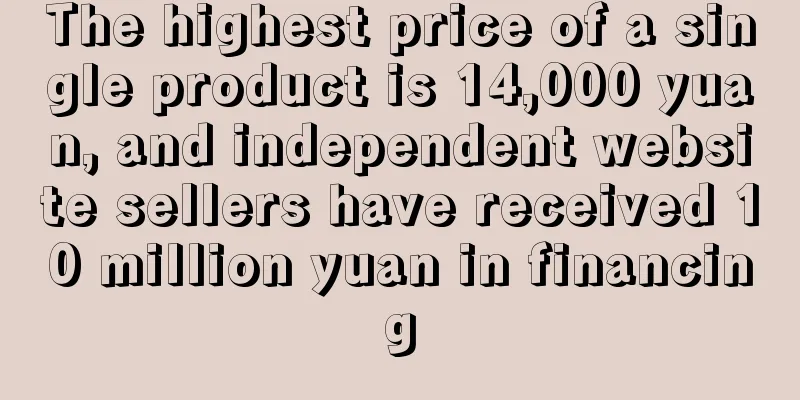Gradually getting better! The Southeast Asian supply chain affected by the epidemic is recovering

|
Southeast Asia, especially Vietnam, began to suffer a resurgence of the epidemic in July this year . Factories were forced to shut down, production was interrupted, and many industries were severely affected.
From electronic products, clothing, shoes, bags to auto parts, the supply chain has been severely affected by the Southeast Asian epidemic. Since most of Nike and Adidas' manufacturers are in Vietnam, the supply chain shortage caused by the epidemic has caused the global sports giants to suffer huge economic losses in sales before the peak season.
Despite the local government's implementation of lockdown measures, the epidemic and the number of infections in Vietnam have not been significantly curbed over the past two months, especially. After several months of lockdown, Vietnam's economy has suffered a severe blow from agriculture to industry.
Moreover, the impact of the epidemic has caused supply chain tensions and raised local air freight prices, further increasing costs. Therefore, since the beginning of October, the local government has expressed its readiness to lift the blockade and gradually resume industrial production.
However, as the epidemic is still spreading, local factories are unable to retain workers even with high salaries, and millions of workers have returned to the countryside to avoid infection.
However, with the continuous increase in the COVID-19 vaccination rate, many Southeast Asian factories have gradually resumed production. Especially in factories with high COVID-19 vaccination rates, production has basically returned to normal operation.
It is understood that most companies cooperating with Vietnamese factories have stated that they can basically return to pre-epidemic levels by the end of November. It is reported that both Intel and Samsung have stated that they plan to fully resume production in Ho Chi Minh City, Vietnam before the end of November.
Not long ago, Japanese cars were forced to suspend production due to disruptions in auto parts production in Southeast Asia. Now, as the epidemic situation improves, the auto parts supply chain in countries such as Vietnam and Malaysia is recovering.
However, many manufacturers have stated that a large number of workers are still unwilling to return to work in the factory due to the epidemic, and there is still a large labor gap, so they dare not sign too many orders. Southeast Asian supply chains are recovering |
<<: Cosmetics are the most vulnerable area for electronic fraud
Recommend
What is DAJIAHEZUO? DAJIAHEZUO Review, Features
<span data-docs-delta="[[20,{"gallery"...
Russian Post partners with Yandex to start using robots for delivery!
Recently, Russian Post announced a partnership wi...
What is DataAutomation? DataAutomation Review, Features
<span data-docs-delta="[[20,{"gallery"...
What is Journey to the West? Journey to the West Review, Features
Zhihui Xiyou is a company that focuses on providin...
What is Jiatai Logistics? Jiatai Logistics Review, Features
Jiatai Logistics focuses on the US FBA line, maki...
What is Amazon Japanese Customer Service? Amazon Japanese Customer Service Review, Features
Amazon Japan has launched a new service for Chine...
Merge variant error! Problems occur on a large scale
Another problem has broken out on a large scale! ...
The number of online shoppers in Brazil reached 24 million in the first quarter! Many categories of products are hot-selling
Recently, Neotrust released a research survey on ...
What is cjjewels? cjjewels Review, Features
cjjewels is an online jewelry website that provide...
Russian e-commerce is gaining momentum! DPD Group's e-commerce parcel transportation volume increased by 89% year-on-year last year
Published data shows that DPD transported more th...
What is Dongyi Cross-border ERP? Dongyi Cross-border ERP Review, Features
Dongyi Cross-border ERP is committed to solving sa...
Will the Matson and West Coast routes stop calling at Ningbo? Official: It’s pure rumor!
Everything is going well for the Mason-West route...
Google joins hands with GoDaddy to seek new development in e-commerce
Since the outbreak of the epidemic, Google has be...
What is Anbohang? Anbohang Review, Features
Anbohang (Anbohang Supply Chain Management Shangha...
The wolf is coming! Will the Port of Los Angeles charge demurrage fees for empty containers?
As expected, the Port of Los Angeles and the Port...









